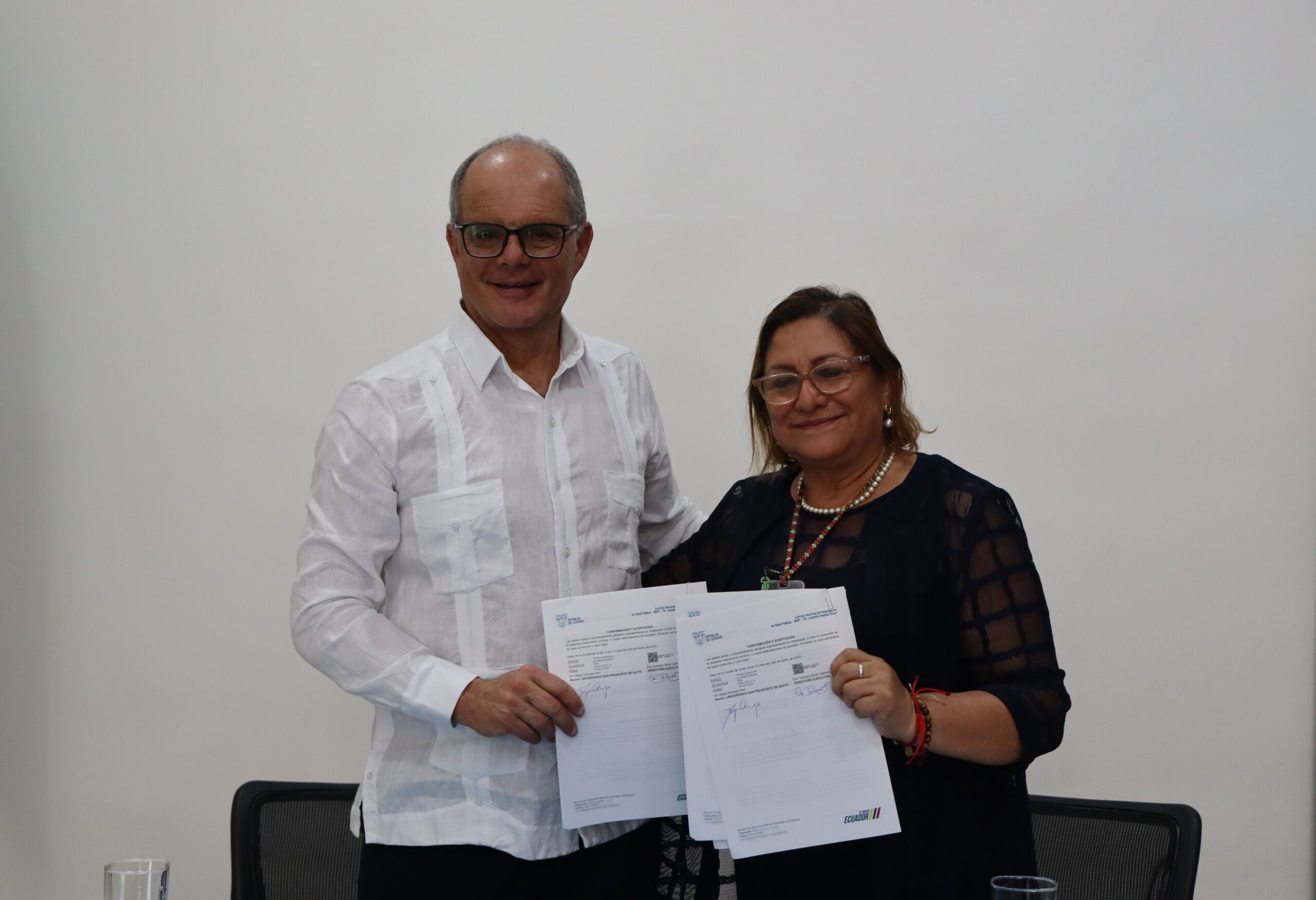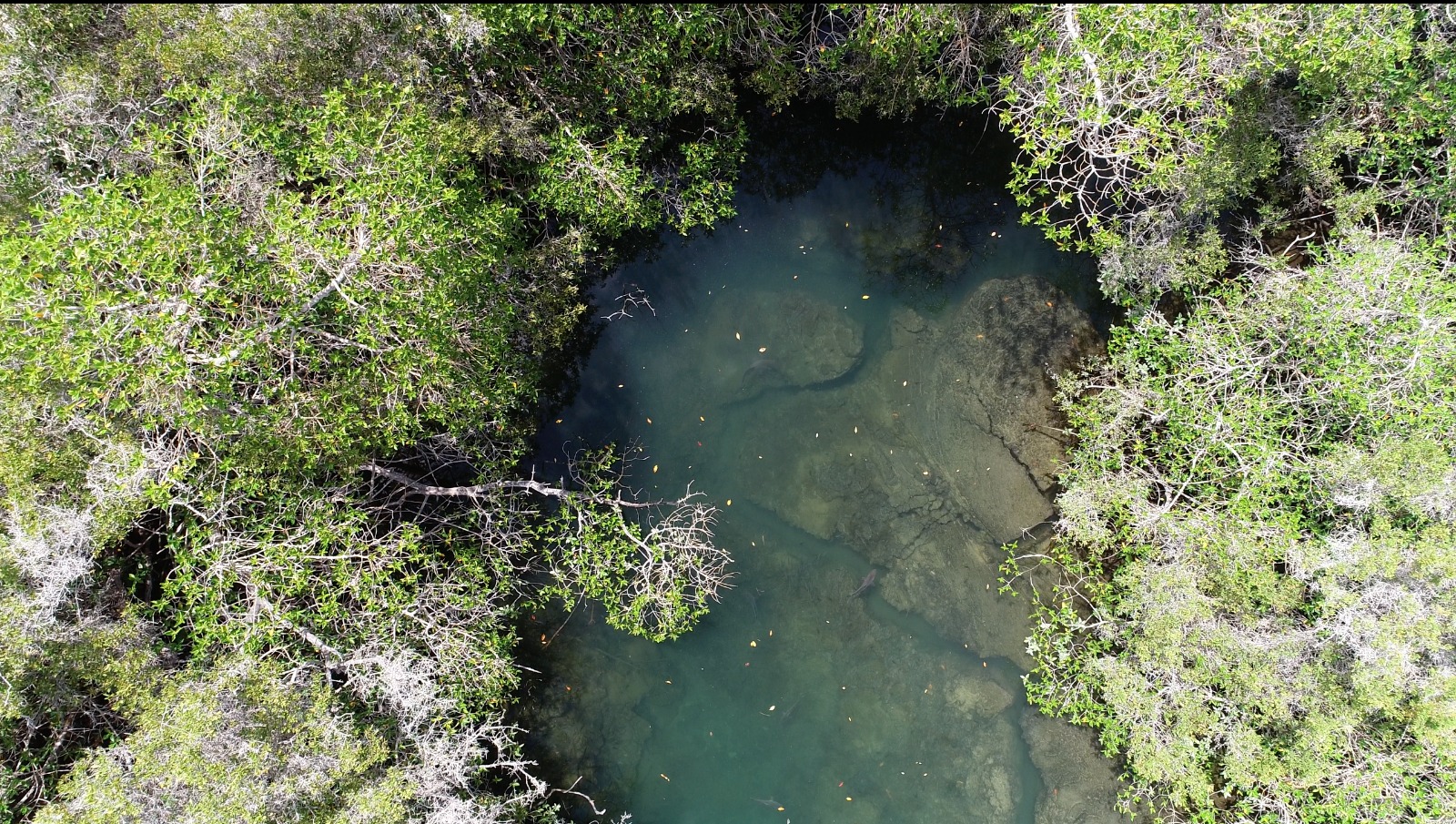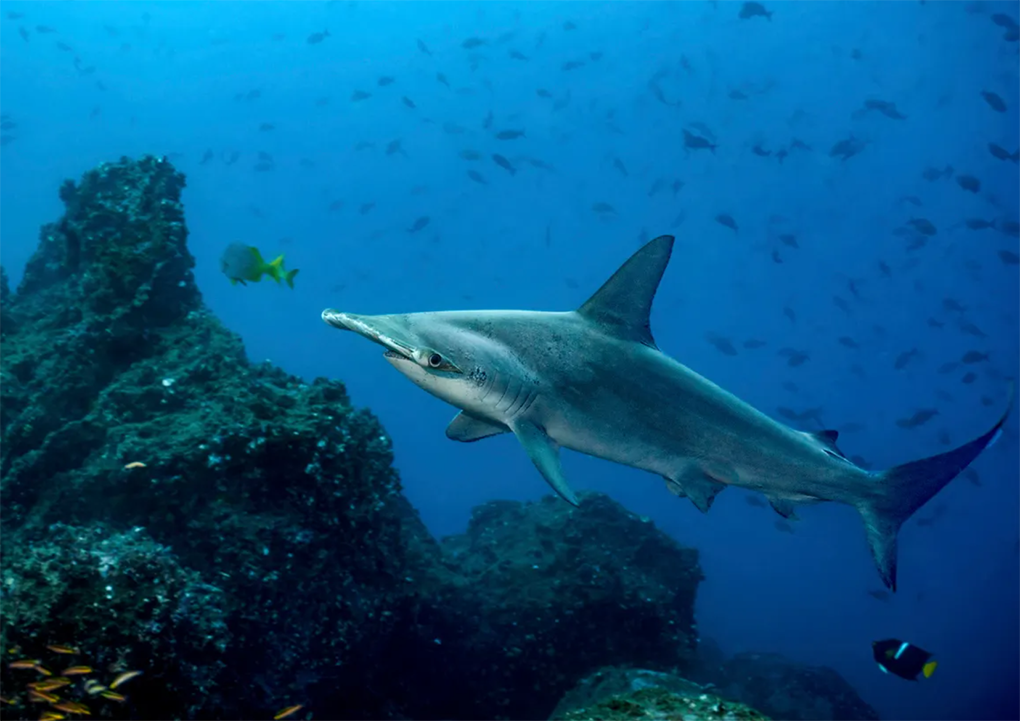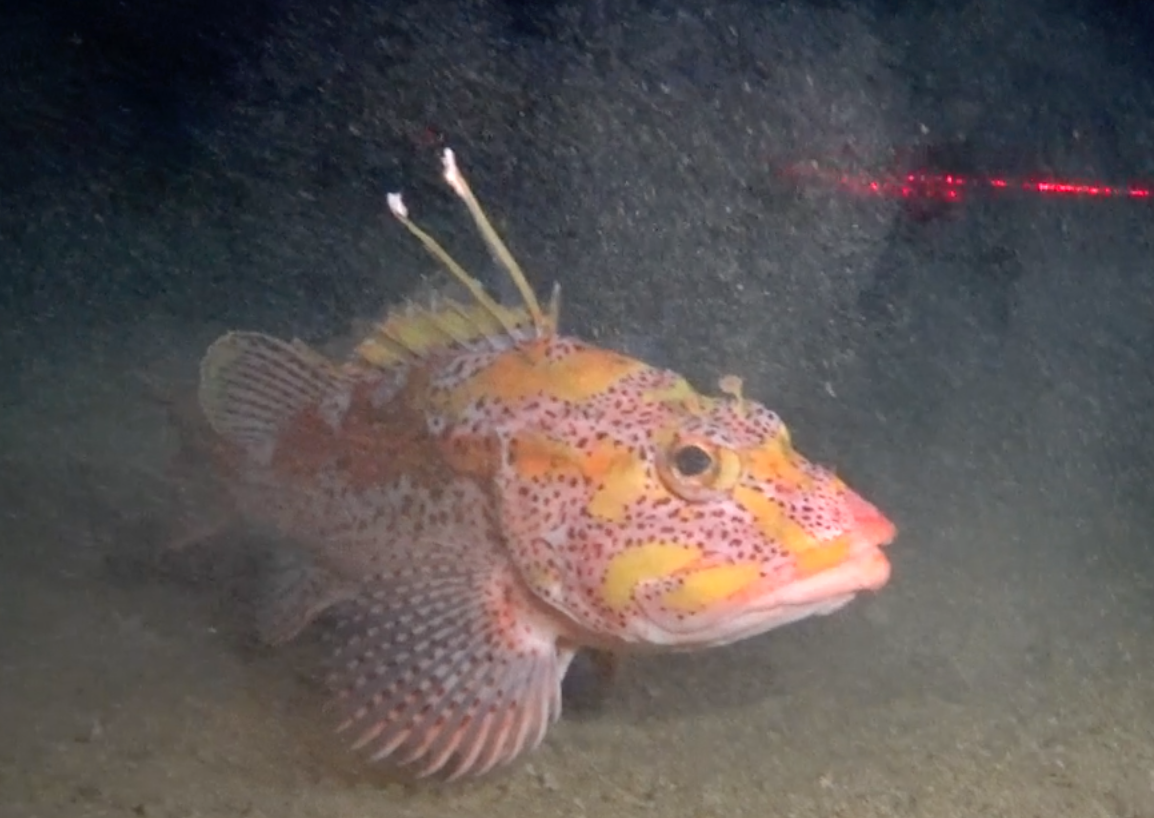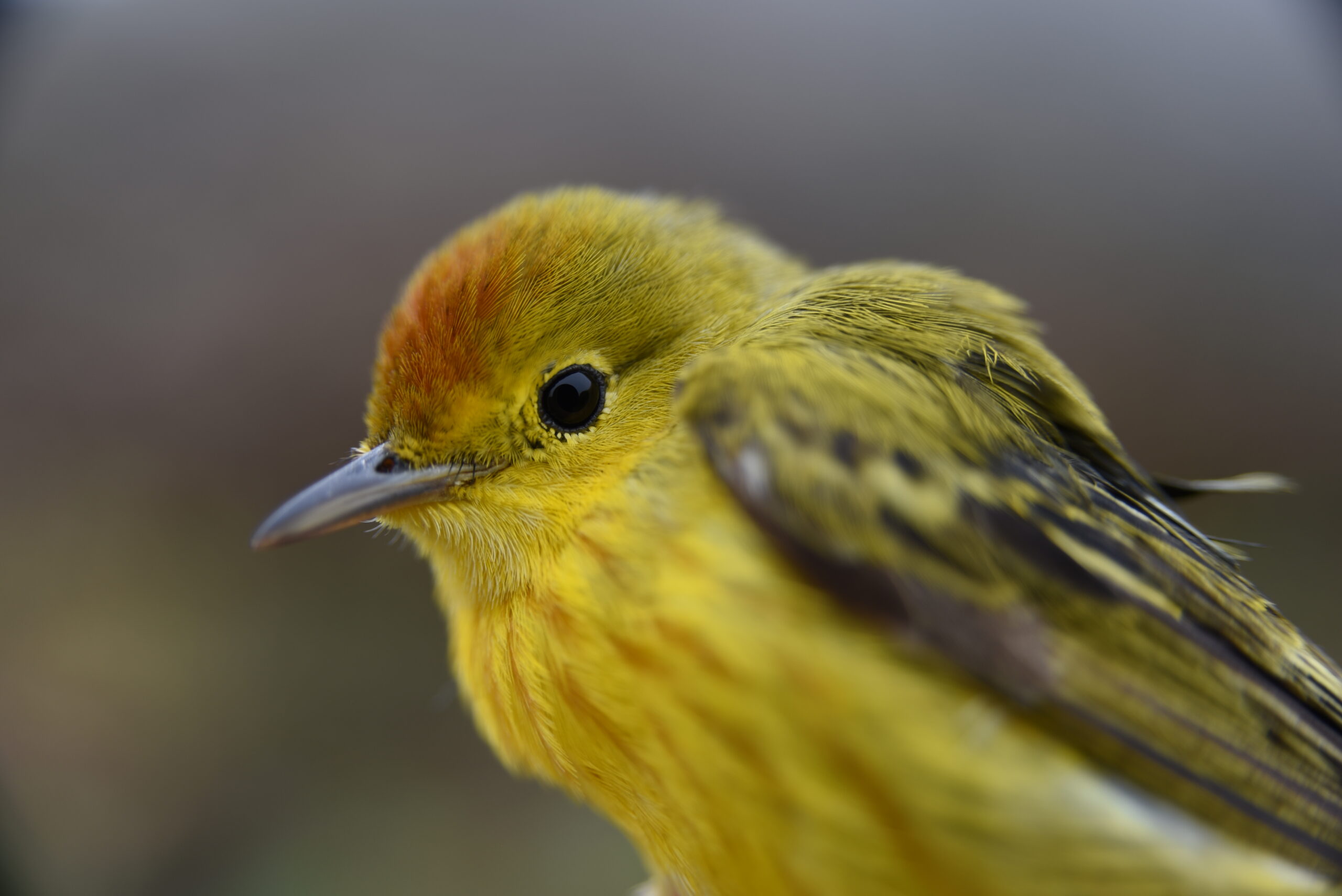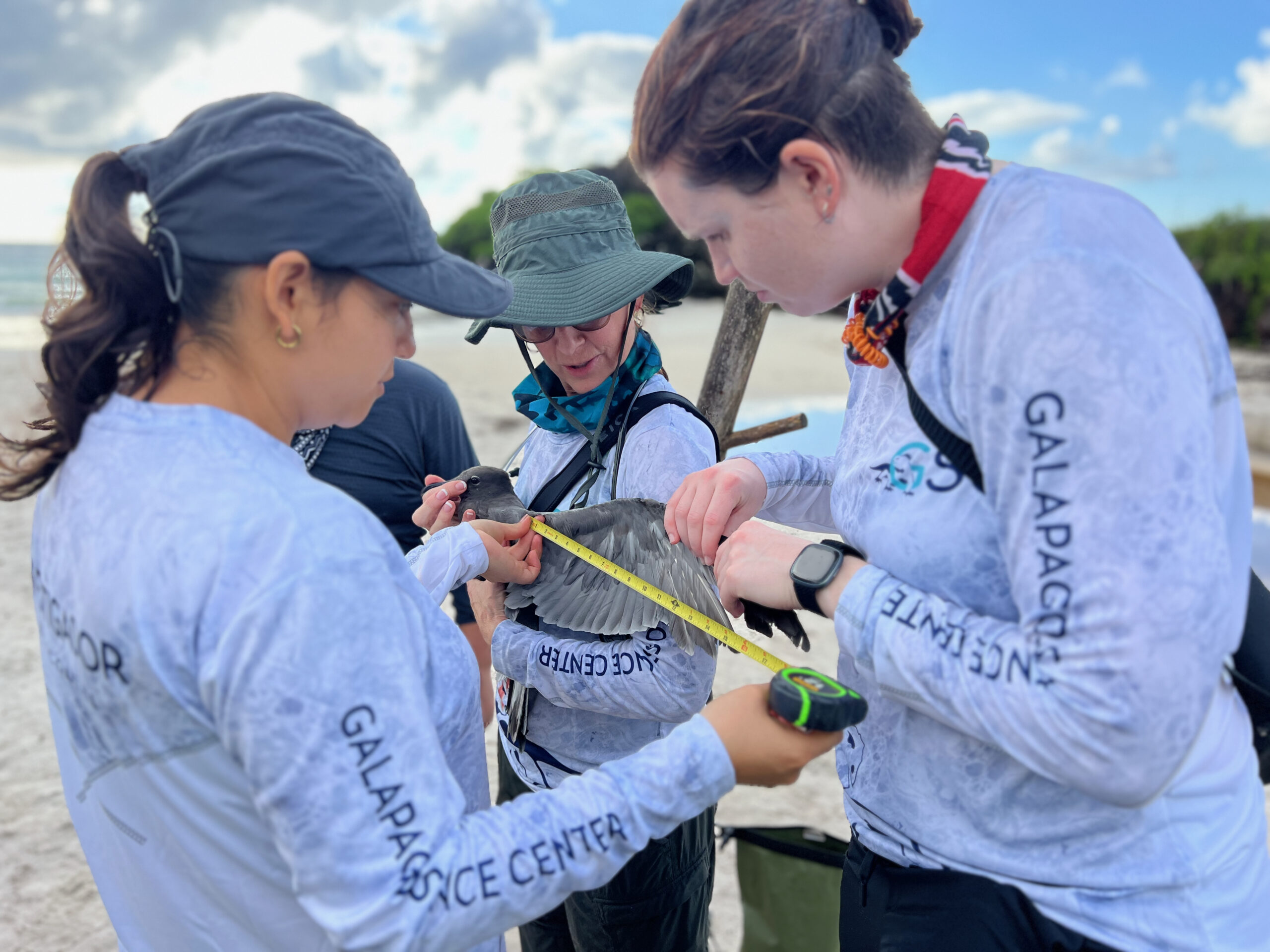
Una década de ISLAVET: Ciencia en acción para la conservación de Galápagos
El programa ISLAVET concluyó con éxito su décima edición, consolidándose como una iniciativa importante para la ciencia y la conservación en el archipiélago. En esta ocasión, un equipo de 33 personas, compuesto por 23 estudiantes de veterinaria y 10 veterinarios de Estados Unidos, Australia, Reino Unido, Singapur y la Escuela de Veterinaria de la Universidad San Francisco de Quito, participó en investigaciones de campo bajo la dirección de Juan Pablo Muñoz, Diana Deresienski, Gregory Lewbart y Daniela Alarcón, del Galapagos Science Center (GSC).

